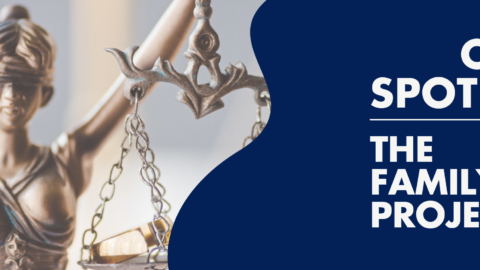
Guy Ritchie and Madonna have kept their co-parenting out of the spotlight for six years, but now they are battling over their 15-year-old son, Rocco.
When Rocco did not return to Madonna’s custody after visiting Ritchie in London during the holidays, Madonna asked New York to order his return.
Ritchie then filed a custody motion in England, where Rocco was staying with him, and was turned away because New York retained jurisdiction after making the original 2009 custody order. A New York judge ordered that Rocco return to Madonna in New York, but scheduled a follow-up hearing in February to allow Rocco to address the court about his wishes. The judge also ordered that an attorney be appointed for Rocco.
The parties’ custody order states that Rocco resides and attends school in New York with Madonna.
According to TMZ and multiple other sources, Rocco refused to return to Madonna after the holidays. Some sources claim the rift is Madonna’s fault because of her tour schedule (Rocco has been touring with her all fall) and her posts about Rocco on social media, which they say have embarrassed the teenager. Rocco has now blocked Madonna from his Instagram feed. Other sources claim that Ritchie has been speaking poorly about Madonna, poisoning Rocco against her.
Regardless of how the custody battle started, the New York Court’s decision is remarkably similar to what would happen in a California court.
California Family Code §3042 states that a court is required to “consider, and give due weight to, the wishes of” children who are of “sufficient age and capacity to reason so as to form an intelligent preference as to custody or visitation.” Specifically, if a child is over 14 years old, as Rocco is, the court must allow the child to address the court as to his or her wishes unless the court determines it is not in the child’s best interests to do so.
For example, in Winternitz v. Winternitz (2015) 235 Cal.App.4th 644, the Appellate Court upheld the trial court’s decision to disallow testimony from a teenage girl because both parents agreed to the contents of the testimony and having her testify would cause her “emotional distress.” Id. at 655. Similarly, in California, the court may order counsel for the child if it determines that doing so is in the child’s best interests. (Fam. Code §3150).
Time will tell whether or not Rocco’s stated preferences are followed by the court, but it appears that the New York court is doing its best to determine what he wants. While Madonna may think she’s “keeping [her] baby,” the court will likely say to Rocco: “Express yourself.”
About the authors:
Sarah Van Voorhis, a Certified Family Law Specialist, and Ariel Sosna are founding partners of
Van Voorhis & Sosna. Follow them on Twitter at @VanVoorhisSosna.



